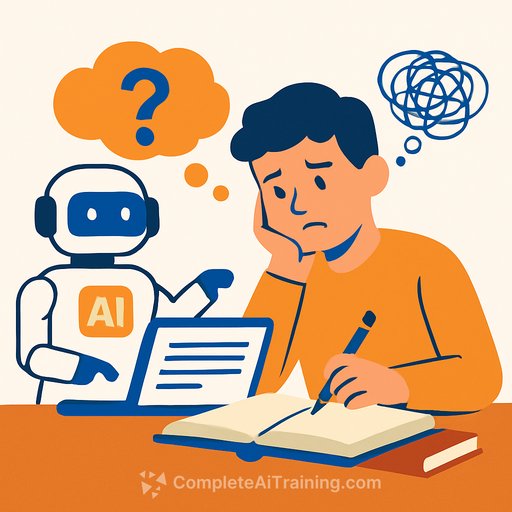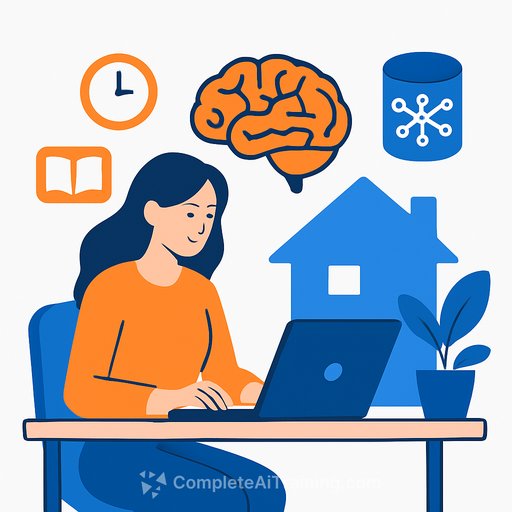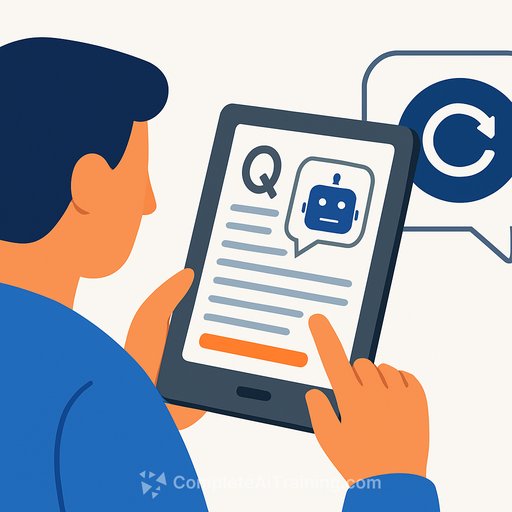Writing and Learning at Stake in the Age of AI
Copying and pasting content from AI tools like ChatGPT might seem like a shortcut for writers, but it’s actually a dead end for growth and skill development. Relying heavily on these tools can stunt critical thinking and weaken knowledge retention. For writers, this means missing out on the opportunity to sharpen their craft and produce original, insightful work.
Experts warn that depending solely on AI to complete writing tasks prevents professionals from evolving. Journalists, researchers, and writers need to engage actively with their subjects to create meaningful content. Rehashing existing information generated by a machine doesn't foster new ideas or deeper understanding.
What Research Shows
A study from the Massachusetts Institute of Technology tested 54 students by dividing them into three groups: one using ChatGPT, another using a search engine, and the last relying solely on their own knowledge. The results were clear. Students who depended on ChatGPT scored worse in essay quality and showed less brain activity connected to critical thinking.
Moreover, over 80% of the AI-assisted group couldn’t recall details from their essays when questioned, highlighting a lack of engagement with the material. Their writing, while grammatically correct, lacked creativity and personal insight—qualities that are essential for compelling storytelling and reporting.
Why This Matters for Writers
Overdependence on AI risks turning writers into passive consumers of information rather than active creators. This shift threatens intellectual growth and diminishes the ability to analyze, evaluate, and synthesize information effectively. Such skills are fundamental for producing original content that resonates.
The concern extends beyond education and journalism. Cognitive decline linked to AI misuse could affect how future generations process and store knowledge, with broader implications for intellectual autonomy.
Balancing AI and Human Skill
AI writing tools can assist with tasks like grammar checks or brainstorming, but they should not replace the writer’s own effort to think critically and express unique perspectives. Fact-checking becomes more challenging when AI-generated content mingles with inaccurate or biased information, making vigilance essential.
Writers who want to stay sharp must continue to question, research, and write with intention. Using AI thoughtfully—as a supplement rather than a crutch—can help maintain and improve writing skills over time.
Takeaway for Writers
- Avoid overreliance on AI tools for drafting or researching content.
- Engage deeply with your sources and reflect on your material.
- Use AI to support your work, not to replace your thinking.
- Stay alert to the risks of passive consumption of AI-generated content.
- Keep developing your critical thinking and personal voice.
For writers interested in learning how to integrate AI tools responsibly into their workflow, resources and courses are available to guide skillful use. Explore options at Complete AI Training to build knowledge without sacrificing creativity or expertise.
Your membership also unlocks:






